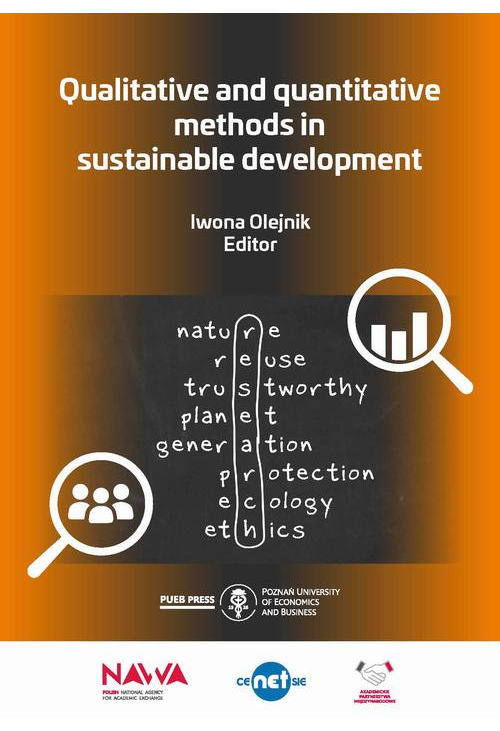
- Za darmo
ebook Qualitative and quantitative methods in sustainable development
Odkryj bogactwo metod badawczych w dziedzinie zrównoważonego rozwoju w tej unikalnej publikacji elektronicznej "Qualitative and quantitative methods in sustainable development". Opracowana przez Uniwersytet Ekonomiczny w Poznaniu, wydana w 2021 roku, ebook ten jest kompendium wiedzy o różnorodnych podejściach do analizy zagadnień zrównoważonego rozwoju.
Zanurz się w świecie danych i analiz, które pomogą Ci monitorować postępy w realizacji Celów Zrównoważonego Rozwoju. Wykorzystaj bogactwo źródeł wtórnych i poznaj wybrane metody zarówno jakościowe, jak i ilościowe, które umożliwią Ci odpowiednie zbieranie danych oraz ich interpretację.
E-book ten przedstawia kluczowe informacje w przystępny sposób, wykorzystując przykłady i studia przypadków związane ze zrównoważonym rozwojem, takie jak zrównoważona konsumpcja, kultura ekologiczna czy lepsze żywienie. Dzięki niemu zdobędziesz wiedzę na temat metod takich jak analiza czynnikowa, modelowanie równań strukturalnych oraz metoda DEA (Data Envelopment Analysis).
W tej publikacji elektronicznej znajdziesz pięć rozdziałów, które szczegółowo omawiają wybrane zagadnienia. Rozpocznij od rozważań nad metodami jakościowymi, przejdź do metod ilościowych i analizy czynnikowej, a następnie poznaj zastosowanie modelowania równań strukturalnych oraz DEA w badaniach nad zrównoważonym rozwojem.
"Qualitative and quantitative methods in sustainable development" to nie tylko e-book do pobrania, ale przede wszystkim cenne źródło wiedzy dla studentów i specjalistów zajmujących się zrównoważonym rozwojem. W formacie PDF, jest dostępny w sklepie z ebookami, gdzie każdy może kupić ten ceniony e-book i czerpać korzyści z jego zawartości.
Pobierz ebook teraz i odkryj najlepsze metody badawcze w dziedzinie zrównoważonego rozwoju!
Spis treści ebooka Qualitative and quantitative methods in sustainable development
PART IPRIMARY DATA COLLECTION
Iwona Olejnik, Atanaska Reshetkova
1. QUALITATIVE METHODS
1.1. Methodology of qualitative research—the basics
1.1.1. Qualitative research—theoretical background
1.1.2. Qualitative research methods
1.2. Designing a focus group interview
1.2.1. The essence and main stages of focus group interview
1.2.2. Sampling
1.2.3. Ecological culture of Bulgarians: case study (Part 1)
1.2.4. Projection techniques
1.2.5. The script
1.2.6. Ecological culture of Bulgarians: case study (Part 2)
1.3. Conducting a focus group interview
1.3.1. The organizational aspects of FGI
1.3.2. FGI moderation
1.4. Analysis of qualitative data using the CAQDAS programs
1.4.1. Fundamentals of qualitative data analysis
1.4.2. Common steps in qualitative data analysis
1.4.3. Analysing qualitative data with a CAQDAS software
1.4.4. Example of CAQDAS software—Atlas.ti
Sylwester Białowąs, Blaženka Knežević, Iwona Olejnik, Magdalena Stefańska
2. QUANTITATIVE METHODS
2.1. Levels of measurement
2.1.1. Introduction
2.1.2. Nominal, ordinal, interval and ratio levels of measurement
2.1.3. Measurement levels and data analysis methods
2.2. Questionnaire design
2.2.1. Stages in creating a questionnaire
2.2.2. Types of questions in the questionnaire
2.2.3. Organic food as a form of sustainable consumption: case study
2.3. Population and sample
2.3.1. Difference between population and sample
2.3.2. Determining sample size
2.3.3. Sampling method
2.4. Variables—first view
2.4.1. Introduction
2.4.2. Box and Whiskers chart
2.4.3. Crosstabs: percentage
2.5. Visualization—Likert scale and some chosen charts
2.5.1. Visualisation of the Likert scale
2.5.2. Other examples of data visualization schemes
PART II
SELECTED METHODS OF DATA ANALYSIS
Iwona Olejnik, Blaženka Knežević, Magdalena Stefańska
3. FACTOR ANALYSIS IN SUSTAINABLE DEVELOPMENT RESEARCH
3.1. Theoretical background
3.2. Factor analysis—research steps
3.3. Sustainable consumption behaviour—an example of application of factor analysis using the IBM SPSS Statistics version 26.0
3.3.1. Model assumptions and selection of variables
3.3.2. Model estimation and analysis
3.4. Testing managers’ ethics in retail industry: case study no. 1
3.5. Local government representatives about retailers—from the CSR perspective: case study no. 2
3.6. Testing attitude of Socially Responsible Employee: case study no. 3
Todor Krastevich, Atanaska Reshetkova
4. STRUCTURAL EQUATION MODELLING IN SUSTAINABLE DEVELOPMENT RESEARCH
4.1. What is Structural Equation Modelling (SEM)?
4.1.1. SEM in a nutshell: basic concepts
4.1.2. The model estimation
4.1.2.1. Model estimation using CB-SEM approach
4.1.2.2. Model estimation using PLS-SEM approach
4.1.2.3. Choosing the right approach
4.1.3. Identification issues and model adequacy
4.1.3.1. Local criteria for model evaluation
4.1.3.2. Global criteria for model evaluation
4.2. Comparing the performance of SEM approaches with simulated data
4.2.1. CB-SEM approach
4.2.1.1. Fit a model to data using `lavaan` package in R/RStudio
4.2.1.2. Fit a model to data using IBM SPSS AMOS
4.2.1.3. Comparing and interpreting the results
4.2.2. PLS-SEM approach
4.2.2.1. Fit a model to data using `semPLS` package in R/RStudio
4.2.2.2. Fit a model to data using SmartPLS
4.3. Solving sustainability research problems with SEM
4.3.1. Sustainable development as a concept and strategy
4.3.2. Supply chain management
4.3.3. Corporate social responsibility
4.3.4. Innovations linked to sustainability
4.3.5. Consumer behaviour and sustainable consumption
4.3.6. Human resource management
Katarzyna Smędzik-Ambroży, Agnieszka Sapa
5. DATA ENVELOPMENT ANALYSIS METHODS IN SUSTAINABLE AGRICULTURAL DEVELOPMENT RESEARCH
5.1. DEA—theoretical background
5.2. DEA procedure: main steps
5.2.1. Aims of research and data (inputs and outputs) selection
5.2.2. Model calibration and calculation
5.2.3. Results interpretation
5.3. Comparison of farms’ efficiency in the European Union: case study no. 1
5.3.1. Aims of research and data selection from FADN
5.3.2. Model calibration and calculation
5.3.3. Results interpretation
5.4. Comparison of crops farm efficiency in the European Union: case study no. 2
5.4.1. Aims of research and data selection from FADN
5.4.2. Model calibration and calculation
5.4.3. Results interpretation
Szczegóły ebooka Qualitative and quantitative methods in sustainable development
- Wydawca:
- Uniwersytet Ekonomiczny w Poznaniu
- Rok wydania:
- 2021
- Typ publikacji:
- Ebook
- Język:
- polski
- Format:
- Redakcja:
- Iwona Olejnik
- Liczba stron:
- 205
- Miejsce wydania:
- Poznań
Recenzje ebooka Qualitative and quantitative methods in sustainable development
-
Reviews (0)

Na jakich urządzeniach mogę czytać ebooki?
- Za darmo







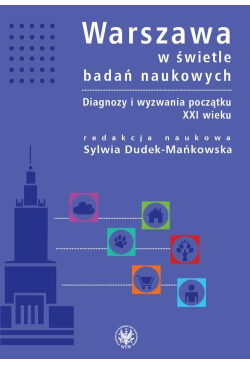

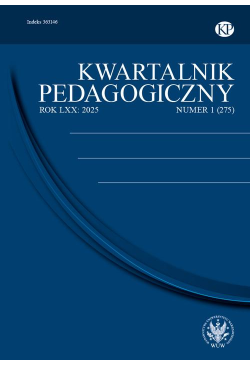
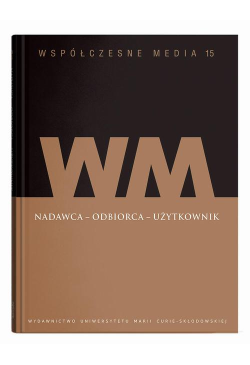
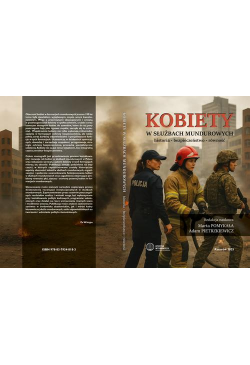
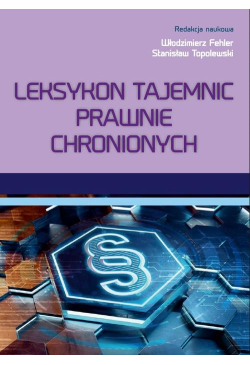
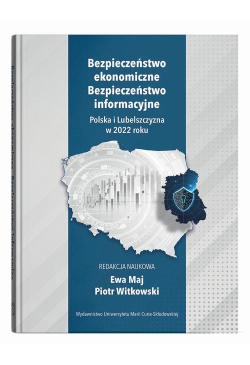
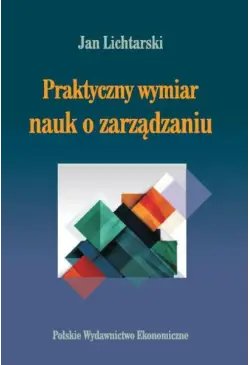


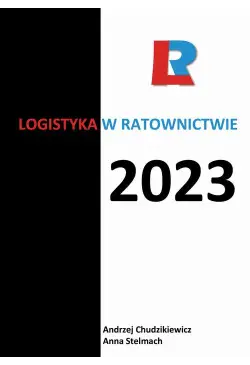
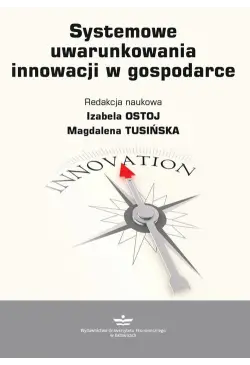



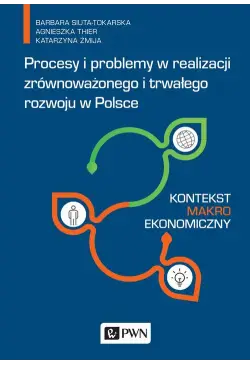
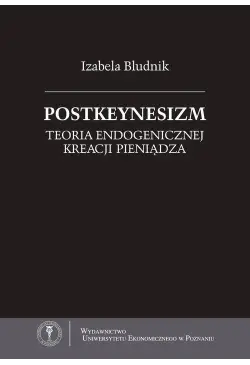

@CUSTOMER_NAME@
@COMMENT_TITLE@
@COMMENT_COMMENT@